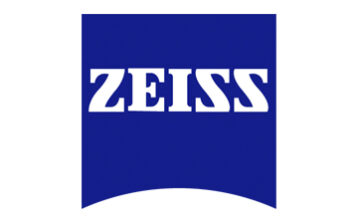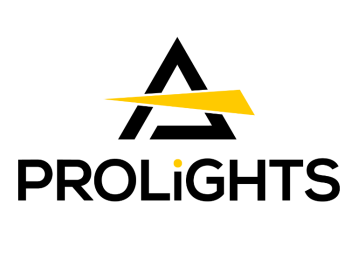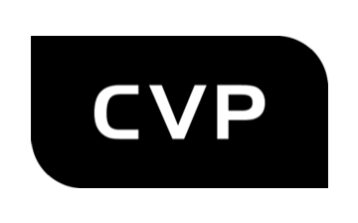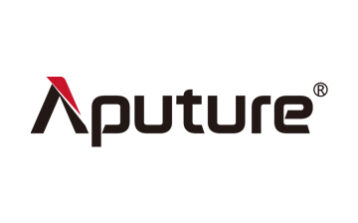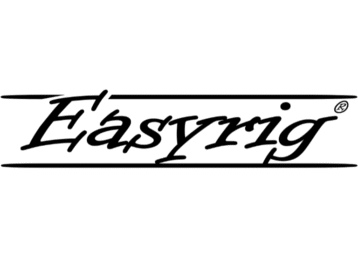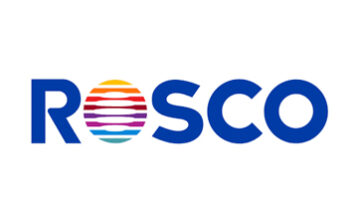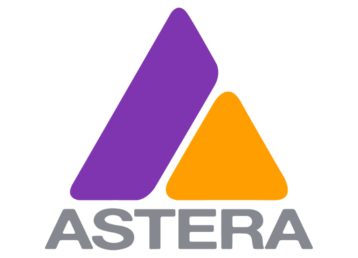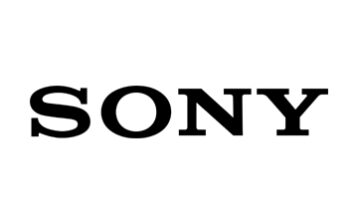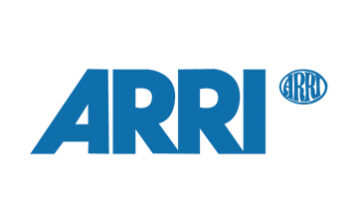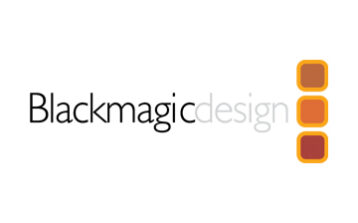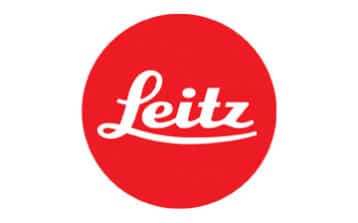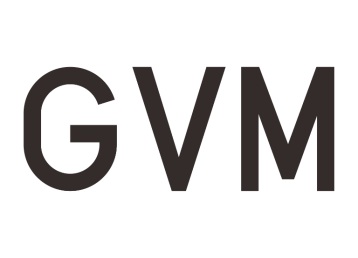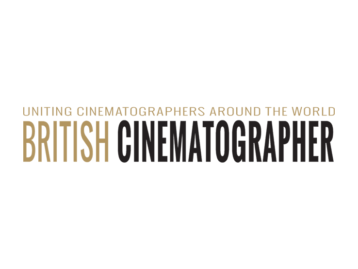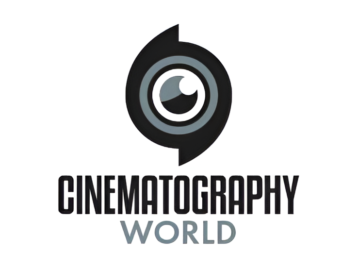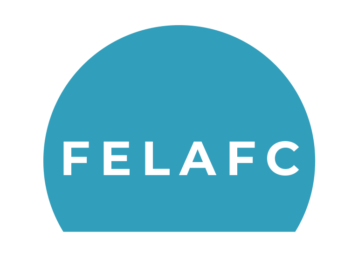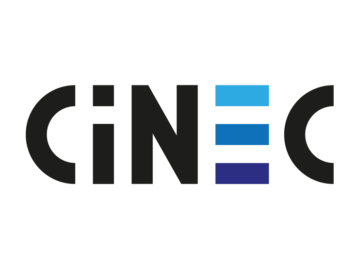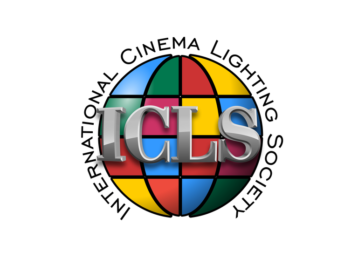BELGIUM
Following the tremendous and successful job done by Jost Vacano (BVK/ASC) in Germany and the urgent special demand from Porfirio EnrÍquez (AEC) about the DOP Authorship’s Rights on 5th January this year !!!….let us try to give an overview over the Belgian situation.
Historically, the notion of author right is born in France on July 3, 1777 with Beaumarchais ( Figaro’s Marriage , The Barber of Seville, — thank you Mister Enríquez to invite Imago’s members in this so well-known city –) because he noticed that the powerful actors, the stage dresser, the wardrobe designer, among other people were paid for a performance but not the play writer, receiving a pittance, in no way reflecting the success of the written play.
In 1791, Chapelier put on light the property of the text, fruit of the mind of the writer’s thought and the French Assembly recognises the concept of the « author’s right ». A law was later ratified by Louis XVI.
In 1881 in Belgium, with the extension of the diffusion of the writer’s work or composer’s work with the printing of it, men discover an economical way of distribution.
On December 10,1948 the General Assembly of the United Nations adopted and proclaimed the Universal Declaration of Human Rights in which Art.27/2 :
« Everyone has the right to the protection of the moral and material interests resulting from any scientific, literary or artistic production of which he is the author »
Glossary :
What is an « author » : An author is everybody who has materially created a brain concept ( personne qui a créé matériellement une œuvre de l’esprit )
« Patrimonial rights » : is the right of the author to manage the financial selling of his work.
« Moral rights » : are totally attached to the author himself. These rights are perpetual, ungivable to somebody else and imprescriptible (which can be executed so long the work exists)
4 prerogatives belong to the author in the moral rights :
– a divulgation right, which means the author has the right to decide when he will communicate his work to the public ;
– a paternity right which permit the author to require his name and title on each ode of communication of his work ;
– a right of respect of his work so nobody could change what he has created ;
– a right of repentance (or cancellation).
« Neighbour rights » : Through their activities, many persons are contributing to the diffusion of an intellectual work. The law give them some prerogatives quite near of the one which belong to the author.
The people who may pretend these « neighbour rights » from the « author’s rights are :
– the actors interpreters ;
– the producers of video and sound works
Existing Associations in Belgium involved in authorship rights :
More or less 20 associations are involved in the Authorship rights in Belgium of which 3 are importants
1/ SACD / SCAM (Societe des Auteurs et Compositeurs Dramatiques ) (Société Civile des Auteurs Multi Media) (French + Belgian and Canadian authorities) : The dramatic works refer to the theatrical works, dramatic-musical works, choreographic works, pantomimes, circus acts and routines. The audio-visual works refer to the film works, the television works, interactive creations and radio works.
The images referred above are notably the « photographic works » and « images produced by » means similar photography.
More than 48000 cinema, television, radio, theatre, musical scene, interactive creation authors belongs to the SACD (France, Québec, Belgium )
More than 27000 audio-visual documentaries , radio, literacy,, multimedia documentaries, illustration, non-moving pictures, pedagogic and scientific authors belong to the SCAM.
NOT a word concerning the DOP work and creation.
2/ SABAM ( Société des Auteurs Beges / Belgische Auteurs Maatschappij ) is created in 1922 and is mostly oriented to the authors as writers, filmmakers ( feature film, documentary and cartoon), painters, sculptors, choreographers, musicians and composers .
This society is completely private and has for purpose the perception, repartition, administration and management of all the author’s rights in Belgium and in all lands where exist a reciprocity contract.
In the same spirit SABAM manages the different rights and prices for copying or broadcasting transmission.
3/ SOFAM ( Société Multimédia des Auteurs des Arts Visuels) created in 1979 is a SCRL (“co-operatve society with limited responsibility”) whose members are co-operators working for visual arts as painters, infographers, designers, architects, directors, cameramen, video-men…
The principal objective of SOFAM are :
a/ the perception and repartition of primary rights
( that means since the first diffusion of the audio-visual work ) : reproduction rights ( e.g : on paper, on film, on disk…) and communication to a public (e.g : screening)
b/ The perception and repartition of the collective rights : reproduction rights, cable rights or any other diffusion.
c/ To give some juridical advice, contracts and specified documents.
Recently, Sacd, Scam ,Sofam and deAuteurs ( new Flemish association) are grouped in the same address in Brussels.
4/ It exists a 4th association which is URADEX : Created in 1974 in which dancers, actors and musicians interpreters got the « droit voisin » literally translated by « neighbour rights » or « side rights ».
« In 1886, at the time of the first law, the live performance is still the only place for the performer’s expression who touches his salary based on representations in which he contributes with his physical presence.
With the invention of the phonograph, the radio, the film and television or tools that will be soon reproduce and distribute his Work at infinity, the interpreter may gradually losing control of his rights.
When in Belgium, in the thirties already, was created our National Institute of Broadcasting (INR), the rights to radio recordings are claimed and obtained by interpreters.
In 1957, when « Le Theatre du Parc » chooses to replace the orchestra by a recording of his performance, the musicians get by collective agreement, receive every night the same salary as if they were physically present in the pit.
The same convention states that at the last evening, the phonogram is purely ad simply destroyed. » (…) site http://www.cgsp-culture.be/Textes
The society URADEX is supposed to collect and redistribute the « neighbour rights » to the members.
At this moment, the situation of URADEX is very unstable. The rights are collected but not yet redistributed because of a lack of information and experience.
The nowadays situation :
Most of our members don’t integrate, for the moment, an association defending the authorship rights. except those who are involved in an other activity ( radio, writer, director of documentary films…) than «only» DOP.
It exists some special situation of some of us who receive some financial compensation IF the film (or TV movie) , produced mainly by the Belgian TV, is distributed in France or in Canada and IF this DOP is also recognised as « nivel One » at the Belgian TV… ( « nivel One » are generally the film directors.) .
A questionnaire was sent on the 1st of September to our members but just a few answers come into the SBC mail.
…
1/ Do you think that the DOP have to obtain author’s rights , like directors, musicians, writers, photographers …?
« Yes » is the general answer
« Of course, we have to obtain. This lack of rights for the DOP is too long existing.»
« Why not ? but the musicians and frequently the photographers work on film with a very different contract. Are we ready to hire electricians like the musician does with the studio and performers ?
Technically where comes the money from ? It is a partition of the same amount of money between more « ayant droit » ? »
« Do we talk only about feature film or the documentary is also in the tray ? I see myself more implicated in the authorship on a documentary film than on a feature film. »
2/ Are you member of an association defending these rights : SABAM
SOFAM
SACD
other …?
« No » is the general answer.
3/ Did you sign contracts with producers where your rights on the picture are recognised…or refused …or just evocated ?
« Yes, it is standard in the contracts to refuse the rights, some production companies even demand the mentioning of « I renounce the picture rights on this production » on our invoices »
In the years 50 and 60, the producers give a paper in which his rights were evocated and in which the duties of the DOP were underlined (presence from one definite day to another , from one definite hour to an other ). The fee per day was paid not with a « invoice » but with a « bill of transfer of rights » (note de cession de droits)
( By the way , we have the possibility in Belgium to work as a freelance and to send an « Invoice » for our work or some others from us are working with a « employment contract » where the social contribution are paid by the producer and where the DOP has the possibility to go to the « unemployment » , considered as an artist )
Effectively, producers generally ask you, as a DOP, to give up, to their interests all the possible rights
4/ Could you send me a copy of the articles mentioning these rights ?so I will be in position to give a state of the actual situation in Belgium.
5/ Do you think IMAGO has to support the SBC proposals to the producers ? or SBC must work by himself and just let know the situation to Imago ?
« It’s evidence that the power of Imago will help us. The Belgian state is not able to deny the experience and the decision of the other big neighbour countries.
« The producers are not the persons granting the rights . It has to be done by law and the best support would be by associations like Sofam who represents people who have already obtained this.
But they need to be in contact with politicians »
6/ Do you obtain, personnaly, renowned rights and money from these acknowledged rights and how was it distributed ?
« Never as DOP. »
For your memory, many cinematographers associations from Imago have obtained the authorship rights or are very near to obtain : Denmark, Sweden,
Great Britain, Italy, Norway. Remember the tremendous and successful job done by Jost Vacano and the BVK there is a few year ago.
« We should get all the possible information from them how they got it. That would be very useful »
Conclusion :
As you may see, this questionnaire is just the beginning of the real question « what are we really expecting ? Are we asking « authorship’s right » as the writer or the film director, or « neighbour rights » as comedians, musicians and other interpreters. ?
Let us remember that the Council of the European Communities ( Art 2 from the directive 93/98 CEE 29th October 1993 ) about the harmonisation and durability of the protection of the author’s rights and some of neighbour rights declare : « The principal film director of a cinematographic work or audio visual is considered as the author or one of the authors. The State members are allowed and free to designate other co-authors »
It could be our situation as DOP.
Personally, I think we had to ask « authorship’s rights » as the writer, as the film director because the DOP has to create , to give the tone, the texture of the image itself.
Question is : shall we fight land by land or could we , through Imago e .g., give a push to the national laws and politicians ? or to the European community ?
The discussion is open . Thank you, all of you, thank you to IMAGO to induce this meeting and once more, thank you to the AEC to invite us as this so well-known city where Beaumarchais has found his barber.
Ella VandenHove & Michel Baudour SBC
